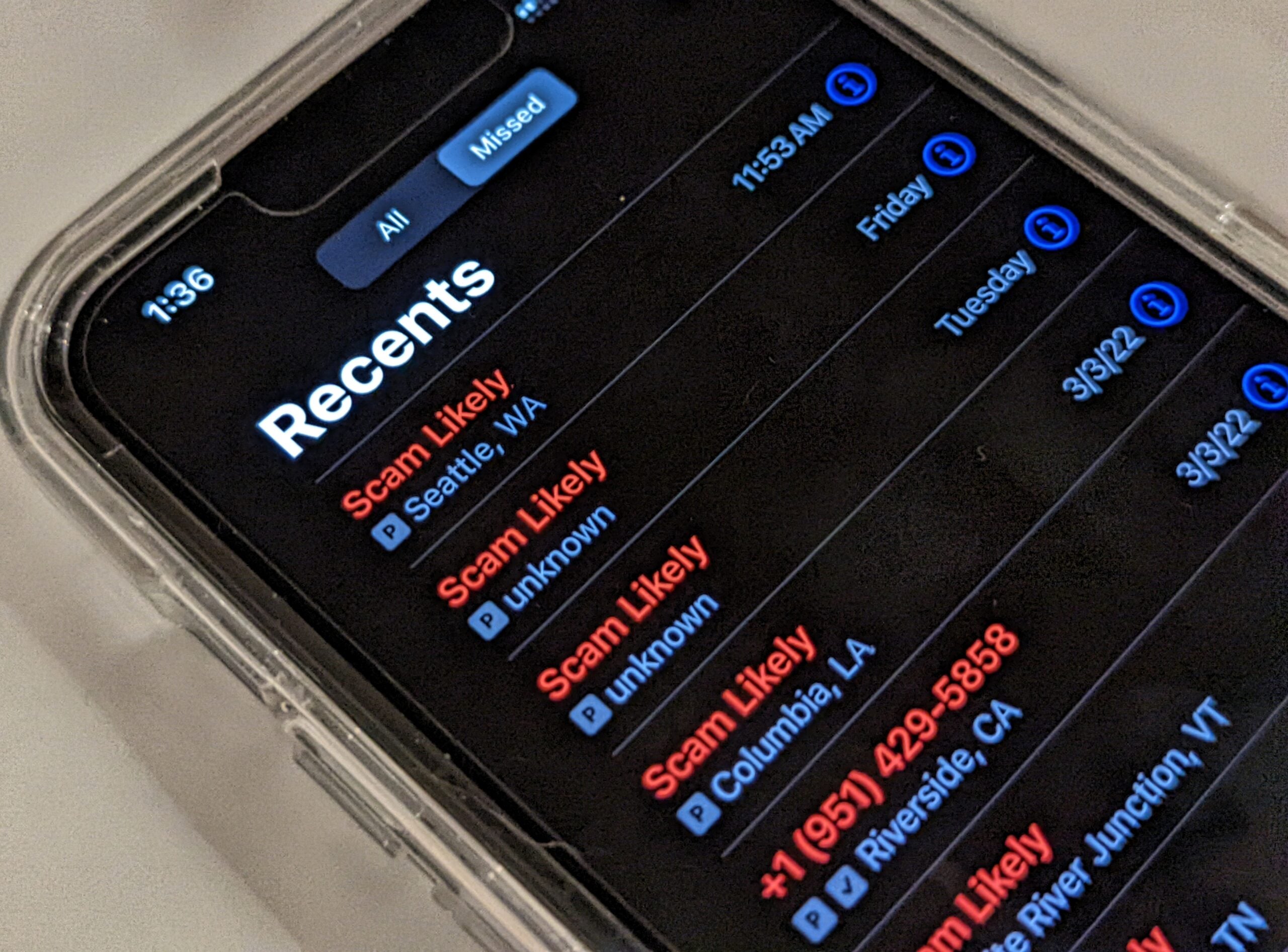While nonprofits hope Wisconsinites will be generous on Giving Tuesday, state officials warn that scammers impersonating charities are also trying to get people to open their wallets.
“During this time of year, the Bureau of Consumer Protection does see an increase in scammers trying to redirect consumers’ money to their pocketbook, as opposed to the organizations,” said Michelle Reinen, the administrator of the division of trade and consumer protection at the Wisconsin Department of Agriculture, Trade and Consumer Protection.
Ahead of Giving Tuesday, which falls on the first Tuesday after Thanksgiving, Reinen’s division partnered with Wisconsin Department of Financial Institutions to offer Wisconsinites tips against getting scammed.
News with a little more humanity
WPR’s “Wisconsin Today” newsletter keeps you connected to the state you love without feeling overwhelmed. No paywall. No agenda. No corporate filter.
A common tactic scammers use is fake websites, Reinen said.
“We certainly see an increased number of imposter websites being created that are trying to receive consumers’ donations,” Reinen said.
Wisconsinites may find links to those websites in emails, social media posts and texts asking them to donate to familiar charities.
“Don’t click on those links,” Reinen said. “Go directly to the organization yourself, not clicking on links, but typing in the web address and giving directly to that organization.”
It’s also important to choose your payment method carefully. Some are easier to track and reverse than others.
Opt for a credit card payment or check made out to the organization.
“If you’re asked to give cash, pay by cryptocurrency, a payment app, money transfer like wiring money or a prepaid gift card, know that that’s a red flag to a scam,” Reinen said. “Always pay to the organization directly by credit card or check, rather than to the individual who is soliciting on the organization’s behalf.”
And real charities won’t pressure people to donate immediately, state officials said.
“Take time. Do your research. And don’t feel pressured to act in any specific time or in response to any specific solicitation,” said Michael Gavigan, assistant chief legal counsel for the Department of Financial Institutions. He helps the organization with complaints and investigations.
The organization hopes to head off scams by educating consumers.
“Instead of spending all of our time trying to enforce the laws against bad actors…if we can get people the information they need to stay safe in advance, that’s oftentimes a better way to go about things,” Gavigan said “Rather than trying to claw back money that’s already been transferred.”
If Wisconsinites are being pressured to do something right away, that’s a “huge red flag,” he said.
To be safe, people should take time to research the organization and make sure it’s legitimate before donating.
For example, spend a few minutes searching the organization name on sites like Charity Navigator, Give.org, Charity Watch or Candid GuideStar.
“Take your time to make the decision,” Gavigan said.
It’s easy to spoof emails and insert malicious links, Gavigan added. The extra research could help make sure donations make it to real charities.
People should also alert their bank if they don’t recognize a charge on their bank or credit card statements, officials said.
There are many different types of scams, Gavigan said.
“It’s hard for even us professionals, who are involved in this sort of work every day, to keep up with the changing landscape,” he said. “That’s only been exacerbated by the incorporation of AI now. So it’s much easier to put together a scam, and it’s much easier to make it look more convincing.”
That changing landscape makes it even more important for people to be cautious.
“I certainly would urge people to be more and more careful as these continue to develop and get more sophisticated,” Gavigan said.
Wisconsin Public Radio, © Copyright 2025, Board of Regents of the University of Wisconsin System and Wisconsin Educational Communications Board.



